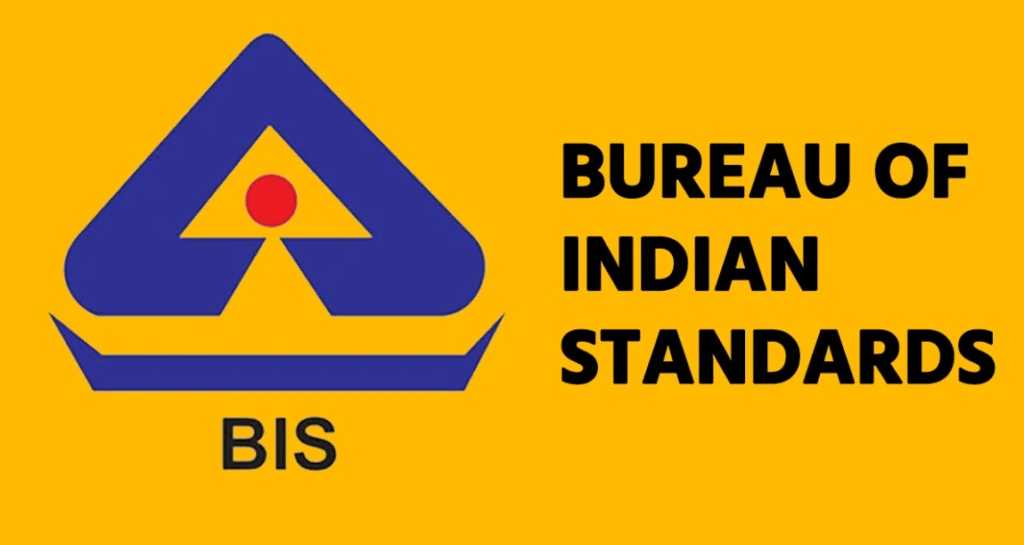
The BIS Certification Process – A Comprehensive Guide
India is a rapidly growing market with over a billion people, and being able to sell your products there could be a huge boost to your business. However, if you want to sell your electronic products in India, you’ll need to get BIS certification. In this guide, we’ll take a look at what BIS certification is, what products need it, and how to go about getting it.
BIS Certification Fees
Before we dive into the certification process, let’s talk about fees. If you’re looking to get BIS certification, you’ll need to pay a fee. The amount you’ll need to pay will depend on a few different factors, including the type of product you’re looking to certify, and the number of models you have.
Generally speaking, the fees will range from a few thousand rupees to tens of thousands of rupees. It’s important to note that these fees are non-refundable, so you’ll want to make sure you’re ready to move forward before you start the process.
BIS Certification for Electronic Products
BIS certification is a quality certification issued by the Bureau of Indian Standards (BIS) that indicates that a product meets certain quality standards. It’s required for products that fall under the Electronics and IT Goods (Requirements for Compulsory Registration) Order, 2012.
There are a few different types of electronic products that require BIS certification. These include:
– Laptops
– Tablets
– Power banks
– LED lights
– Smartwatches
– CCTVs
– Printers
– Scanners
– Optical disc players
– Microwave ovens
If you’re unsure if your product requires BIS certification, you can check the Electronics and IT Goods (Requirements for Compulsory Registration) Order, 2012 to see if your product falls under the list. If it does, you’ll need to move forward with the certification process.
BIS Certification Process
Now that we know what BIS certification is and what products require it, let’s take a look at the process of getting certified.
1. Identify the Products You Need Certified
The first step in the certification process is to identify the products you need to certify. Make a list of all the models and variants you need to certify. Remember, each model and variant will require its own certification.
2. Choose a BIS-Certified Lab or Consultant
Next, you’ll need to choose a BIS Certification Consultant who can help to test your products.
3. Send Samples to the Lab
Once you’ve chosen a lab, you’ll need to send samples of your product to the lab for testing. The number of samples required will depend on the product and the lab, so make sure to check with the lab before sending anything.
4. Wait for the Lab Results
Once the lab receives your samples, they’ll perform tests to check if your product meets the required standards. The lab will then send you a report detailing the results of the tests.
5. Apply for BIS Certification
After you receive the lab results, you’ll need to apply for BIS certification. You can do this on the BIS website, or by filling out a physical form and submitting it to the BIS office.
6. Wait for BIS Certification
Once you’ve applied for BIS certification, you’ll need to wait for the BIS to review your application and confirm that your product meets the required standards. This can take a few weeks to a few months, depending on the product and the number of applications BIS is processing at the time.
7. Label Your Product
Once your product has passed the certification process, you’ll need to label it with the appropriate certification mark. This mark indicates that your product has met the required standards and is safe to be sold in India.
8. Renew Your Certification
BIS certification is valid for two years, after which you’ll need to renew it. Make sure to stay on top of your certification renewals so you can keep selling your products in India.
Conclusion
Getting BIS certification for electronic products can seem like a daunting process, but it’s an important step if you want to sell your products in India. By following the steps outlined in this guide, you can navigate the process and get your products certified quickly and easily. Remember, the key is to be prepared, and to work with a BIS-certified lab to ensure your products meet the required standards.
